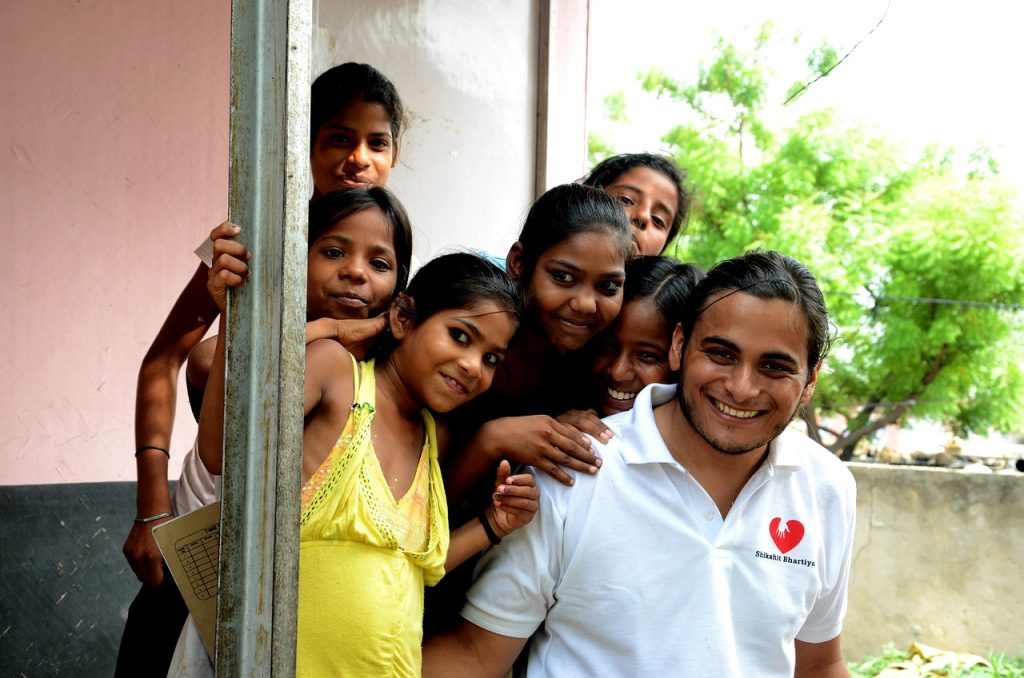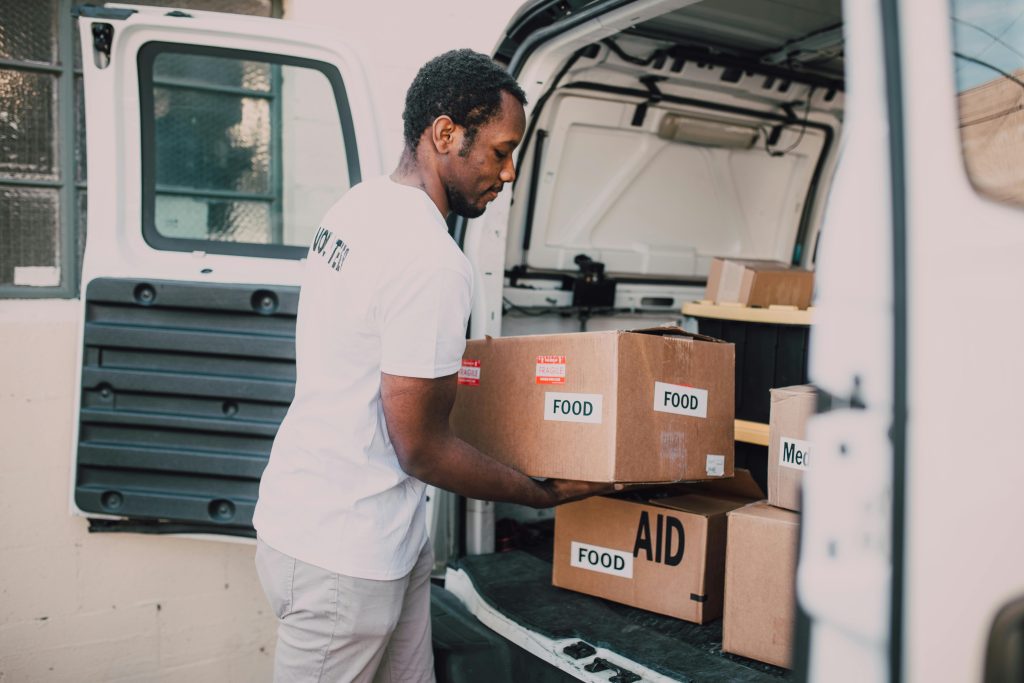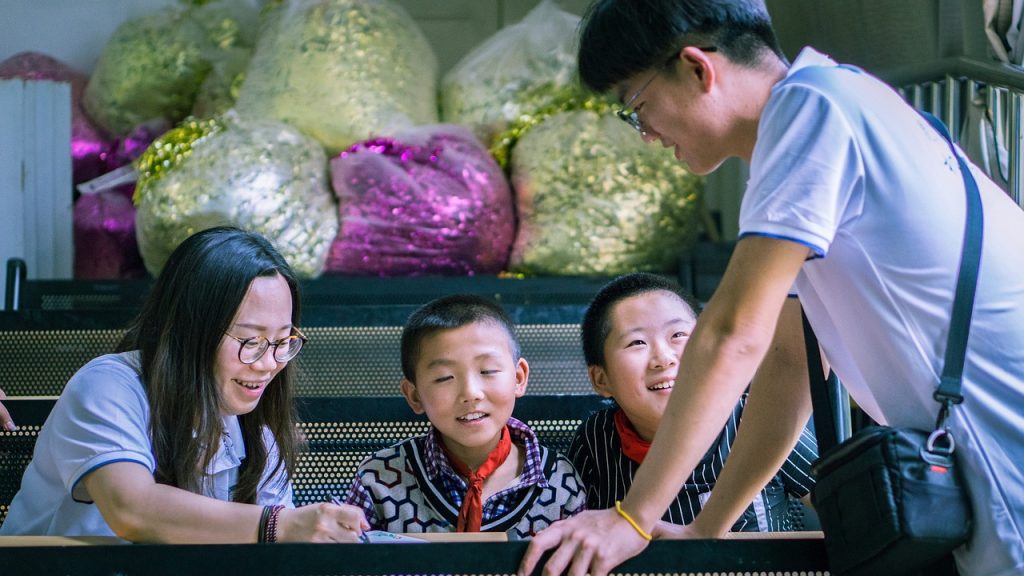Table of Contents
Volunteering and helping others are fundamental aspects of human experience that enrich not only the lives of those who receive assistance but also those who give. Engaging in acts of kindness and service can have profound effects on both the individual and the community. From personal growth to societal impact, the benefits of volunteering are wide-ranging and deeply rewarding. This article explores the multifaceted advantages of volunteering and helping others, highlighting the positive outcomes for individuals and communities alike.

Personal Benefits of Volunteering
- Improved Mental Health: Volunteering has been shown to have significant positive effects on mental health. Engaging in altruistic activities can reduce symptoms of depression and anxiety by providing a sense of purpose and accomplishment. The act of helping others often leads to feelings of happiness and satisfaction, which are known to improve overall mood and mental well-being.
- Increased Life Satisfaction: Helping others fosters a sense of purpose and meaning in life. Volunteers often report higher levels of life satisfaction and fulfillment. The knowledge that one’s actions make a positive difference in someone else’s life can enhance overall contentment and provide a deeper sense of connection to the world.
- Enhanced Social Connections: Volunteering provides opportunities to meet new people and build social networks. It can help individuals forge new friendships and strengthen existing relationships. Social connections formed through volunteer work can lead to increased social support and a sense of community, which are vital for emotional and psychological health.
- Development of New Skills: Volunteering offers a platform for personal and professional growth. Volunteers often acquire new skills and experiences that can be valuable in both personal and career contexts. Skills such as leadership, communication, teamwork, and problem-solving are frequently developed through volunteer work, enhancing personal growth and career prospects.
- Boosted Self-Esteem and Confidence: Successfully completing tasks and achieving goals through volunteering can boost self-esteem and confidence. The positive feedback and recognition received from those helped and the satisfaction of making a difference contribute to a stronger sense of self-worth.

Benefits to the Community
- Strengthened Social Cohesion: Volunteering fosters a sense of community and social cohesion. When individuals come together to work on shared goals and support one another, it strengthens community bonds and creates a more connected and resilient society. This enhanced social cohesion can lead to improved collective well-being and a greater sense of belonging among community members.
- Addressing Social Needs: Volunteers play a crucial role in addressing various social needs and gaps in services. By contributing their time and skills, volunteers support essential services and initiatives, such as food banks, shelters, and educational programs. This support helps address pressing community issues and enhances the overall quality of life for those in need.
- Promoting Civic Engagement: Volunteering encourages active participation in civic life. Individuals who volunteer are more likely to be engaged in their communities and to advocate for social change. This increased civic engagement can lead to more informed and active citizens who contribute to the betterment of society.
- Economic Impact: Volunteering can have a positive economic impact on communities. By providing free labor and services, volunteers help reduce costs for non-profit organizations and public services. This economic contribution allows organizations to allocate resources more effectively and expand their reach and impact.
The Ripple Effect of Helping Others
The act of helping others creates a ripple effect that extends beyond the immediate beneficiaries. When people experience kindness and support, they are often inspired to pass it on and help others in turn. This cycle of giving and receiving fosters a culture of generosity and compassion, creating a positive feedback loop that benefits society as a whole.
Overcoming Barriers to Volunteering
Despite the numerous benefits, many individuals face barriers to volunteering, such as lack of time, awareness, or resources. To overcome these barriers, it is essential to promote flexible and accessible volunteer opportunities that accommodate diverse schedules and skill sets. Community organizations can also work to raise awareness about the benefits of volunteering and the various ways individuals can get involved.

Conclusion
Volunteering and helping others offer a wealth of benefits for individuals and communities. On a personal level, volunteering enhances mental health, life satisfaction, social connections, and personal growth. For communities, it strengthens social cohesion, addresses social needs, promotes civic engagement, and provides economic benefits. The ripple effect of helping others creates a culture of generosity and compassion that enriches society as a whole.
Engaging in acts of kindness and service not only makes a difference in the lives of those helped but also contributes to the well-being and fulfillment of the volunteers themselves. By embracing the spirit of volunteering, individuals can experience profound personal growth and contribute to building stronger, more connected communities.